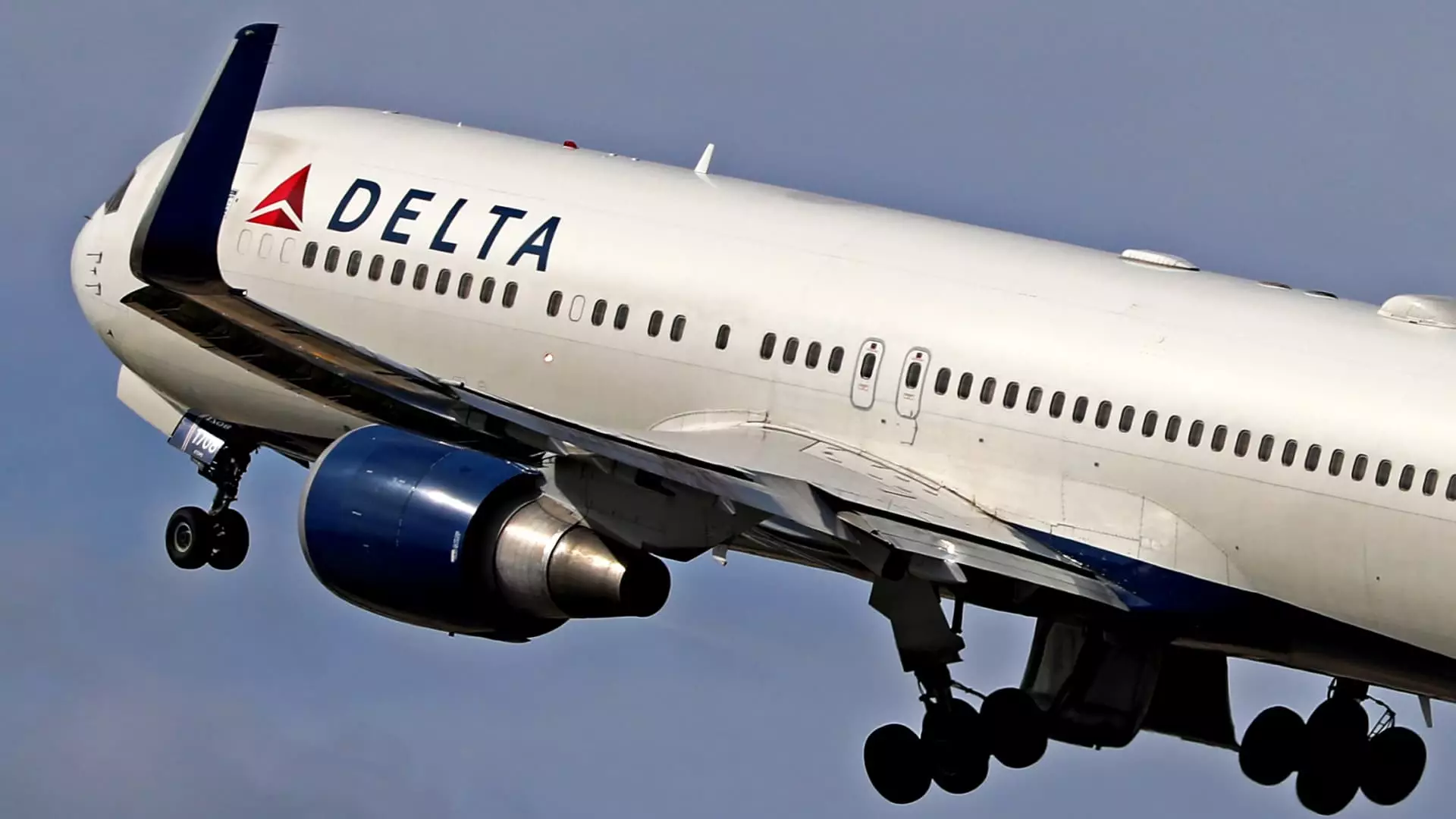The recent downturn in airline stocks paints a troubling picture, as the industry grapples with a perfect storm of dwindling demand and growing economic concerns. Wall Street’s analysis points to a concerning trend: consumer confidence is plummeting, leading many to scrutinize their financial decisions, particularly when it comes to discretionary spending on travel. Major airlines like Delta Air Lines have already felt the pinch, with stock prices exhibiting volatility and analysts like Jefferies adjusting their ratings, indicating a profound uncertainty about the sector’s future.
Implications of Tariffs on Travel
Adding fuel to the fire, looming tariffs present an added layer of risk for airlines. While the economic landscape sends mixed signals, the anxiety surrounding potential tariff implications on international travel cannot be ignored. If implemented, these tariffs could further depress demand, driving price-sensitive travelers away from air travel. Consumers that might have indulged in weekend getaways or vacations are now reconsidering their options, motivated by a desire to save. This adjustment in behavior could very well constitute a seismic shift in how airlines approach their pricing strategies and service offerings.
High-End Comfort versus Budget Cuts
Delta executives have claimed that they are diversifying their revenue streams by catering to more affluent travelers who prefer premium services. This strategic pivot may mitigate some losses, yet major questions linger. For every high-end passenger willing to pay for luxury, how many budget-conscious consumers will forgo air travel entirely? The heart of the problem stems from Delta’s perceived strength being undermined by factors such as domestic market saturation and heightened competition among carriers. With budget airlines continuing to attract cost-savvy flyers, sense a looming threat that could undermine the viability of Delta’s high-end strategy.
The Broader Economic Climate
A broader examination of consumer spending reveals that households are tightening their belts. While general credit and debit spending saw a modest increase overall, airlines experienced a significant 7.2% decline in spending. This downturn signals a worrying trend that goes beyond bad weather or a late Easter holiday—it’s about a cultural shift where travel is increasingly viewed as an unnecessary expense. It’s critical to consider whether traditional marketing strategies are effective amid such changes in mindset. Perhaps it’s time for airlines to rethink their approach entirely.
The Road Ahead for Airlines
The worrisome perception that U.S. domestic travel is slowing down could prove to be a harbinger of worse things to come. The steep 18% drop in the NYSE Arca Airline Index during the first quarter was not just a momentary lapse; it reflects broader consumer sentiment and a potential long-term adjustment in travel behaviors. Investors should be wary, as the turbulence in airline stocks is unlikely to cease unless there are profound strategic changes. It remains uncertain whether airlines can effectively pivot in response to these trends, but one thing is clear: the industry must adapt or risk being left in the runway dust.

